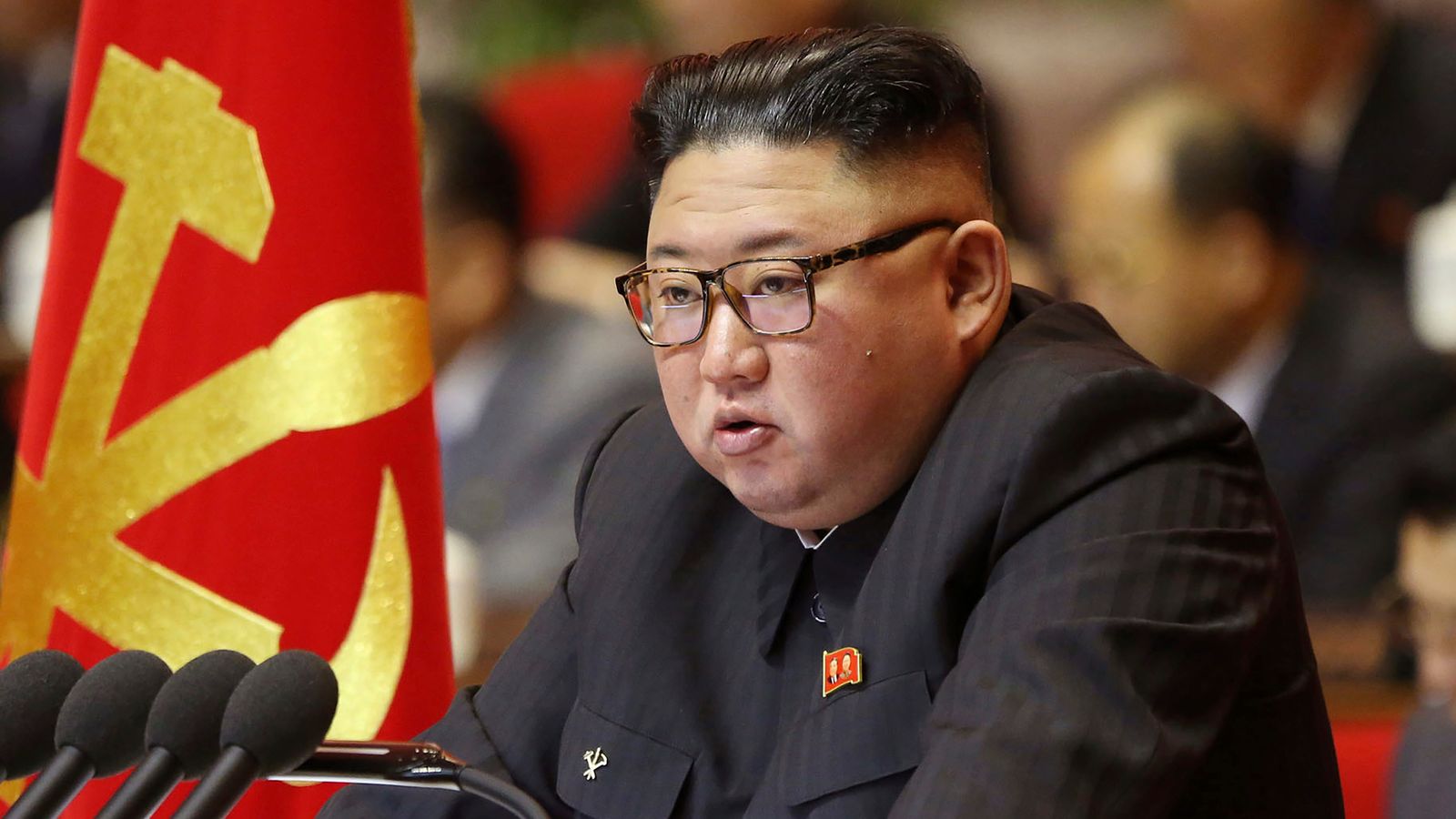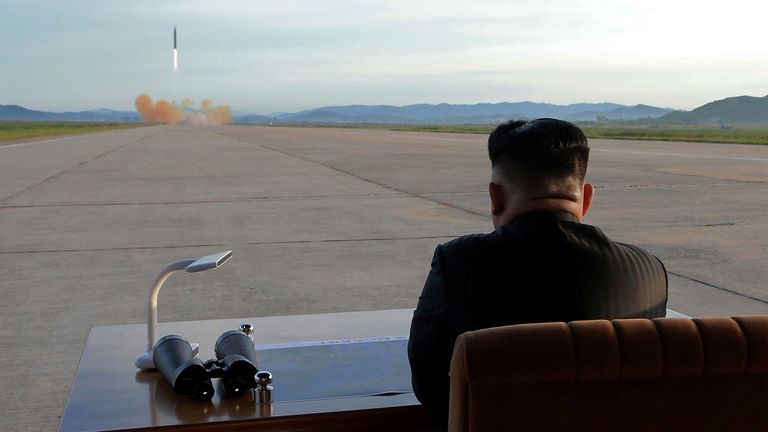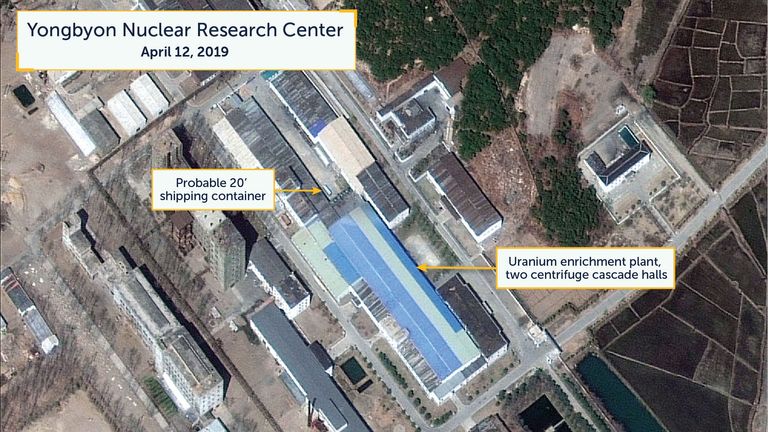A confidential UN report circulated among its Security Council members reportedly claims that North Korea has continued to maintain and develop its nuclear and ballistic missile programmes through cyberattacks.
The summary, key findings and recommendations of the report were seen by the Associated Press news agency, who reported that it was written by independent sanctions monitors and delivered to UN Security Council members on Monday.
It states that North Korea has “produced fissile material, maintained nuclear facilities and upgraded its ballistic missile infrastructure” and encourages the Security Council to sanction four North Korean men: Choe Song Chol, Im Song Sun, Pak Hwa Song, and Hwang Kil Su.
UN Security Council sanctions have steadily increased since the state’s first test explosion of a nuclear device in 2006, and today most of the country’s exports and imports face severe restrictions.
The experts said that such nuclear and ballistic missile programmes were being financed through black market activities, including cyber heists, which brought in approximately $316m (£229m) in the twelve months preceding November 2020.
According to the report, North Korea remains able to evade UN sanctions and develop its weapons, as well as illicitly importing refined petroleum and accessing international banking channels and carry out “malicious cyber activities”.
From 2015 through to 2016, a series of sophisticated cyber heists targeting the SWIFT global financial messaging service allowed a state-sponsored cybercrime collective, which researchers called the Lazarus Group, to steal millions of dollars.
Cybersecurity researchers have linked the Lazarus Group to North Korea, although it is not known whether it is part of the secretive government bureau Office 39, or a group hired by Pyonyang’s elite to fill their own coffers.
This January, the country’s leader Kim Jong Un ordered the development of new missiles with multiple warheads and nuclear-powered submarines with underwater-launch capabilities, as well as spy satellites.
Mr Kim told a party congress that the key to establishing new relations between his country and the US is “whether the United States withdraws its hostile policy”, despite apparently destroying one nuclear test facility in 2018.
It is believed that sanctions following nuclear tests in 2017 hampered North Korea’s ability to legitimately import gas and oil from China, driving the state towards developing the ability to generate enormous revenues through cybercrime.
Evidence suggests that a North Korean government bureau has been conducting illicit economic activity for quite some time, and Pyonyang’s premiere hacking group started stealing Bitcoin, too.
The cryptocurrency is perfectly suited for dodging sanctions, despite the ferocious volatility in its value, as payments are processed in a distributed manner rather than through a central authority.
North Korea launders these cryptocurrencies through virtual asset brokers in China, the sanctions monitors said, adding that they were investigating a September 2020 hack against a cryptocurrency exchange that resulted in approximately $281m (£203m) being stolen.
FireEye researcher Luke McNamara previously told Sky News how the secretive North Korean agency known informally as Office 39 has been a critical asset of the state by generating black market revenues since at least the 1970s.
It is estimated to bring $1bn a year through illicit activities, including counterfeiting US dollar currency, producing narcotics, and even smuggling gold.



